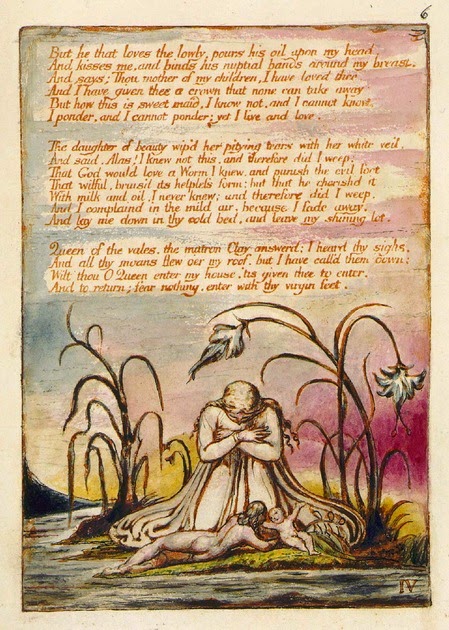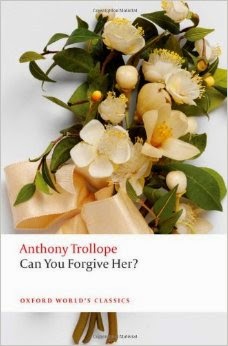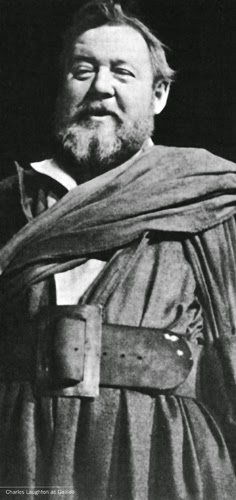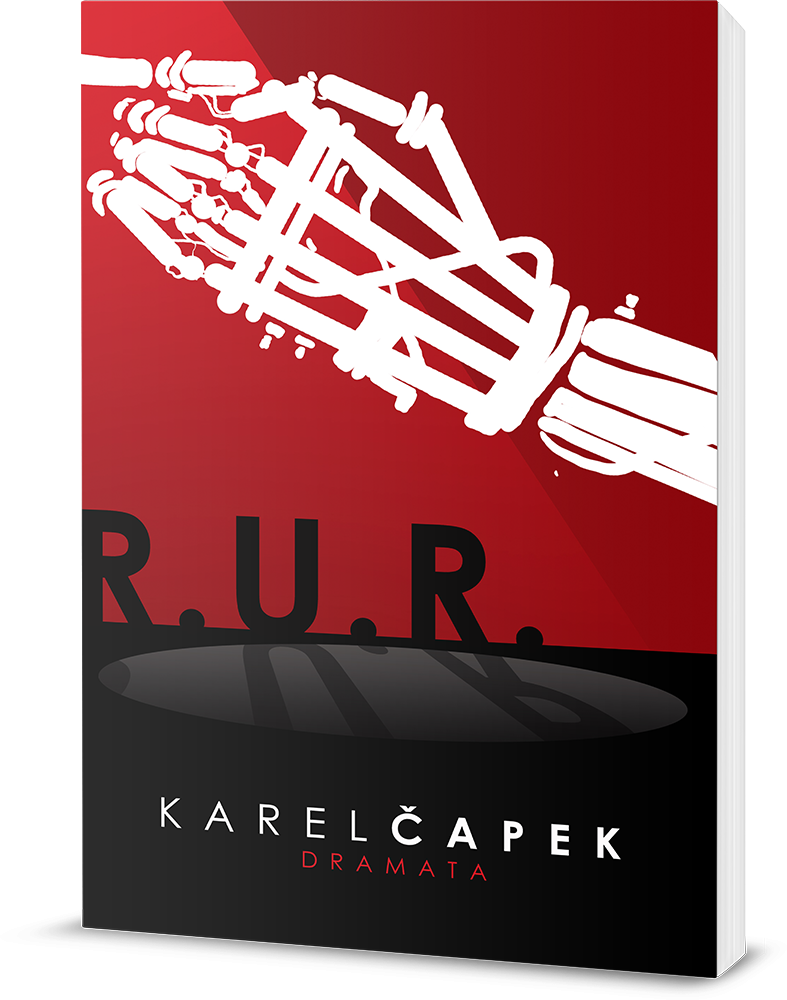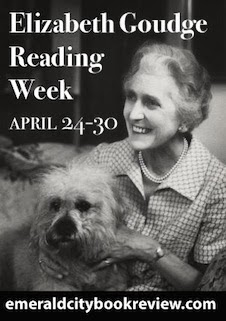The Two Drovers
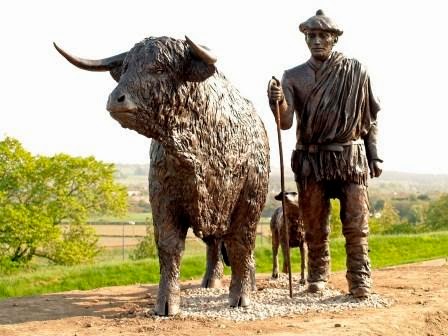
The Two Drovers , by Sir Walter Scott Some time ago, Scott's short story "The Two Drovers" was recommended to me as a way to step into the world of Waverley. I've read Ivanhoe , but so far my (miniscule) efforts to get interested in the Waverley novels have come to naught. I think this is partly because I thought I had to start with the first one, and really I should start with Rob Roy or Heart of Midlothian , something like that. Anyway, while I was looking for some Romantic stuff to read, I found "The Two Drovers" in that trusty old Norton anthology. It's also found in Chronicles of the Canongate with two other stories. Statue of a Scottish drover Two drovers are setting off with their herds from the border of Scotland. They'll walk to Lincolnshire to sell the cattle, and every night they'll rent fields along the way for pasturage. Robin Oig is a Highlander, well-regarded and of a proud family, and he is good friends with the ...


